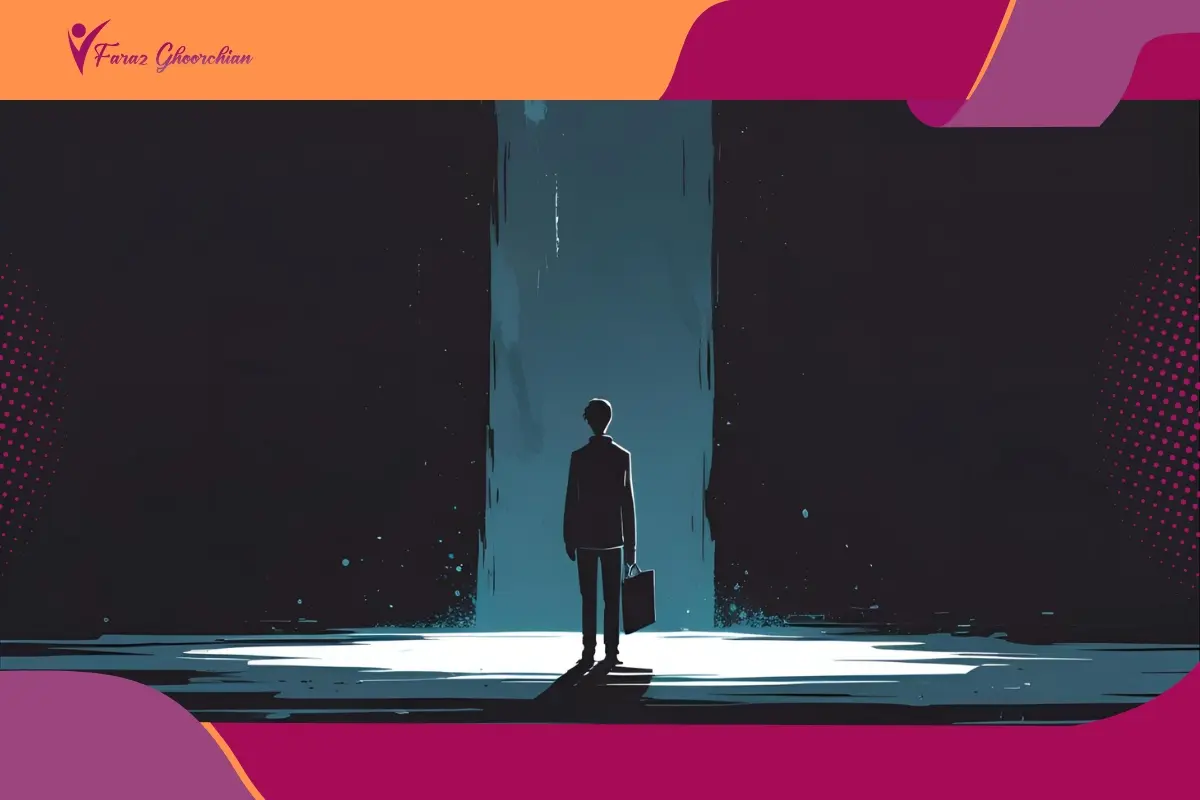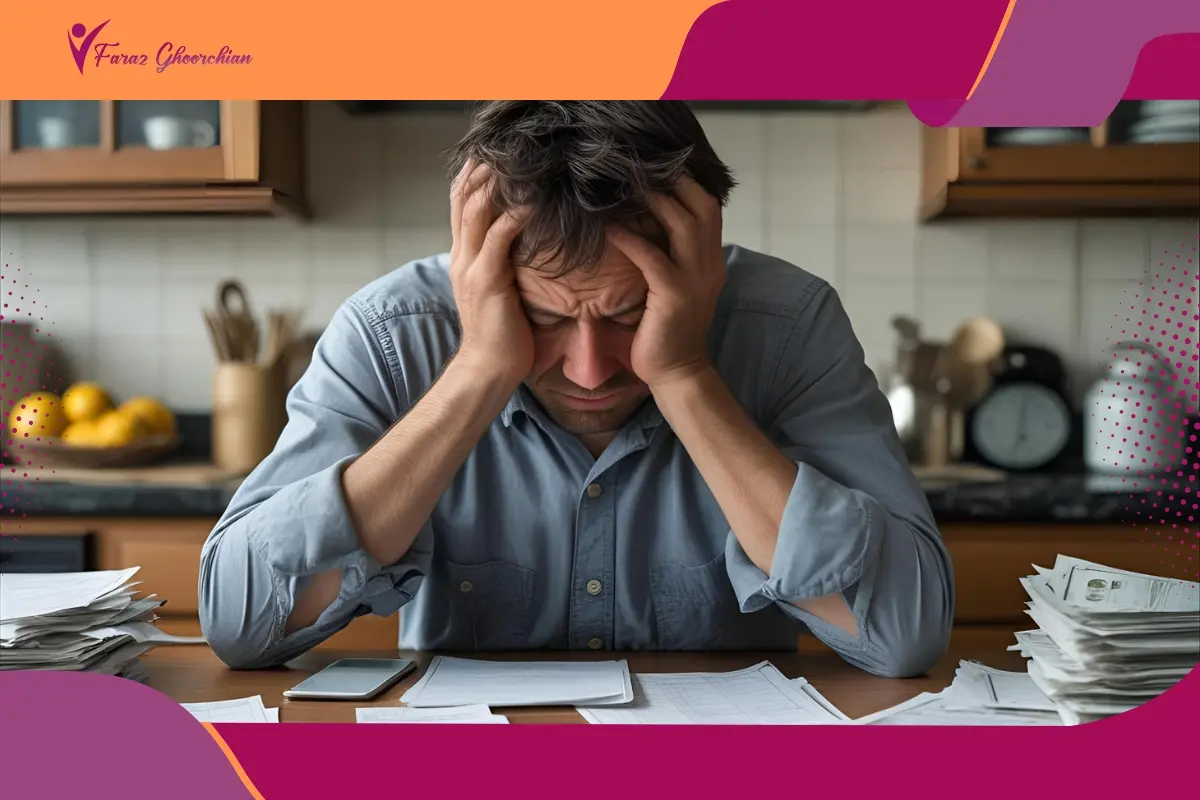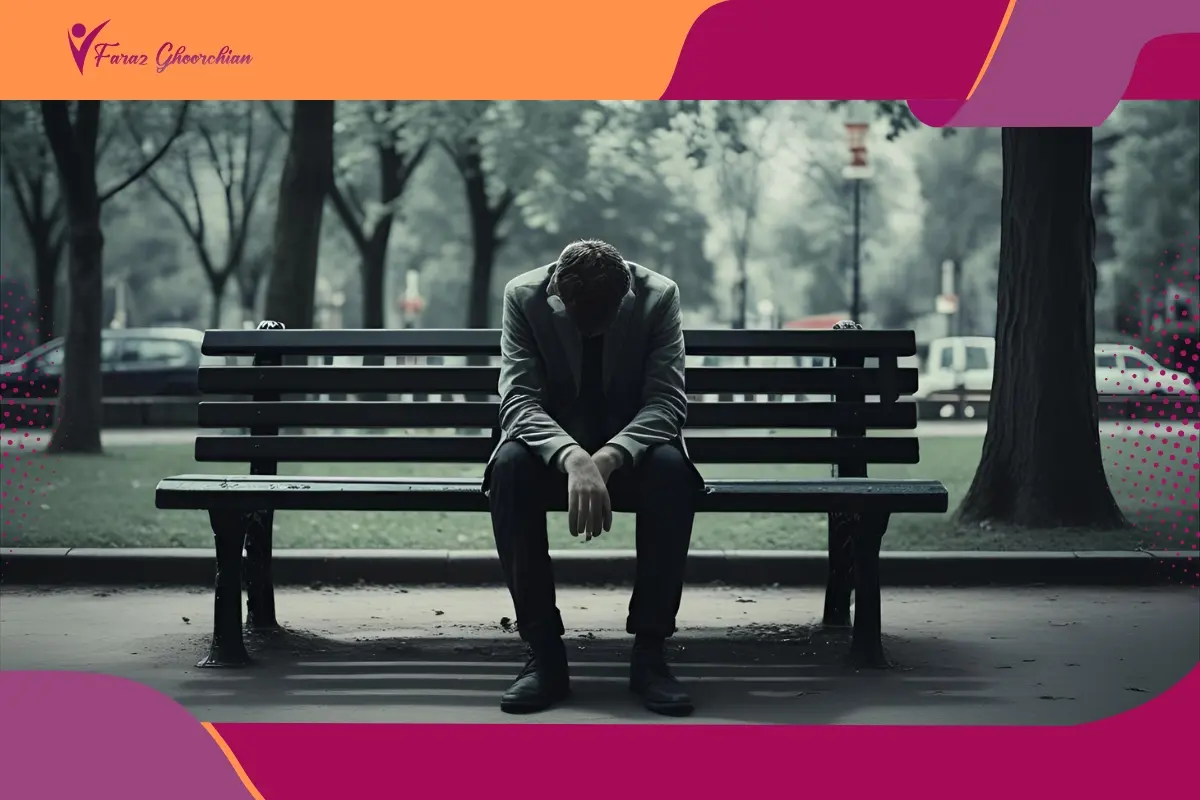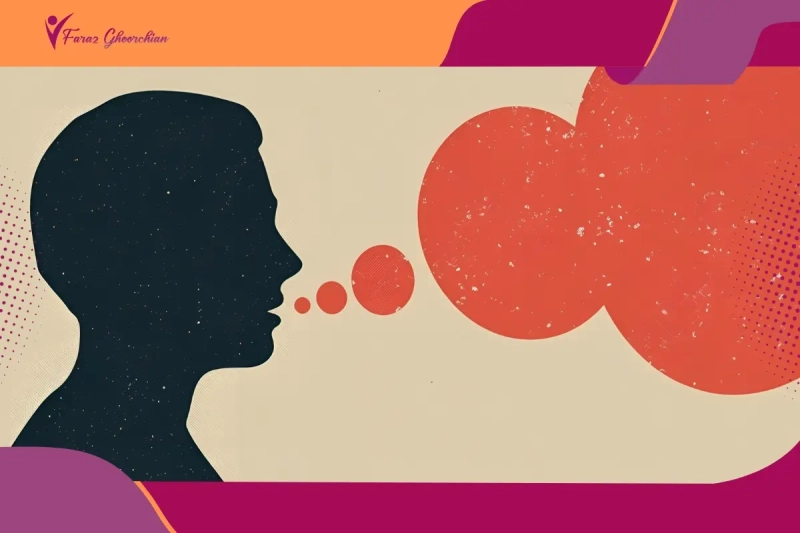Discover the psychological effects of job loss, coping strategies for unemployment stress, and practical steps to manage depression, anxiety, and identity challenges.
- 1. Introduction
- 2. The Psychological Effects of Job Loss
- 3. Job Loss Depression Symptoms to Recognize
- 4. The 7 Stages of Job Loss Grief
- 5. Job Loss Anxiety Disorder and Identity Crisis
- 6. The Negative Effects of Job Loss on Daily Life
- 7. Financial Strain: What to Do When You Lose Your Job and Have No Money
- 8. Coping Strategies for Unemployment and Mental Health Support
- 9. Long-Term Unemployment Depression: Finding a Path Forward
- 10. Conclusion: Turning Job Loss into Growth
Introduction
Losing a job is not just about missing a paycheck. It can throw off routines, leave the mornings strangely empty, and make even small decisions feel heavier than usual. That’s why many people talk about job loss and unemployment stress as one of the hardest setbacks to face. The mind doesn’t always handle it gently. Worry creeps in, sleep feels broken, and self-doubt can grow fast. These are some of the common psychological effects of job loss, and for many, they slowly turn into depression from unemployment. Some describe the ups and downs as the 7 stages of job loss grief, while others simply call it a fog that lingers. Still, even with the negative effects of job loss, finding steady coping strategies for unemployment and leaning on psychological support for unemployment can start to bring balance back.
The Psychological Effects of Job Loss
When Maria was laid off, she thought the panic would pass after a few days. Instead, mornings felt heavier. She would sit with coffee, scrolling job boards, her chest tight with worry. That is how job loss and unemployment stress often begins: not with one big breakdown, but with small changes that slowly take over.
- Some people face job loss depression symptoms such as sleeping late, losing interest in meals, or pulling away from friends.
- Others feel unemployment stress each time bills arrive or savings dip lower.
- For a few, the pressure grows into job loss anxiety disorder, where even sending out a résumé makes the heart race.
- Losing a role can also spark an unemployment and identity crisis, especially if work once defined their place in life.
- Over months, it can lead to long-term unemployment depression, leaving a person convinced nothing will change.
These negative effects of job loss are not signs of weakness. They are natural human reactions. With timely psychological support for unemployment and simple coping strategies for unemployment, many find a way to steady themselves and slowly rebuild hope.
Job Loss Depression Symptoms to Recognize
When James lost his job, he thought the hardest part would be updating his résumé. Instead, he found himself lying awake at night, staring at the ceiling, unable to quiet his thoughts. This is often how job loss depression symptoms begin. They do not arrive all at once but creep in slowly.
- Constant tiredness, even after a full night of sleep
- A sense of emptiness or hopelessness that lingers through the day
- Avoiding friends and family, feeling that no one will understand
- Trouble focusing on simple things, like reading a page or paying a bill
- Shifts in appetite, sometimes eating too little, other times too much
For many, this is not just ordinary stress. It is depression from unemployment, shaped by the deeper psychological effects of job loss. Some even confuse it with burnout, which makes resources like Burnout Symptoms and Coping Tips important to explore. Spotting these signs early matters, because with support and small coping steps, it is possible to stop the slide before it grows into long-term despair.
The 7 Stages of Job Loss Grief
When Carla was let go from her company, she described the weeks that followed as a rollercoaster. At first she felt numb, then angry, and later deeply sad. Many people experience a similar path, often called the 7 stages of job loss grief. It shows how real the psychological effects of job loss can be.
- Shock: waking up the next morning and realizing there is no office to go to.
- Denial: telling yourself it is only temporary, that things will somehow fall back into place.
- Anger: resentment toward the company, the economy, or even friends who still have jobs.
- Bargaining: replaying choices, thinking “if only I had done this differently.”
- Depression: the heavy days when job loss depression symptoms take over, leaving no energy to search.
- Reflection: moments of honesty about the negative effects of job loss and what truly matters.
- Acceptance: slowly making peace, using new coping strategies for unemployment, and feeling ready to rebuild.
These stages remind us that depression from unemployment is not weakness. It is part of grief. With time and psychological support for unemployment, most people move forward stronger than before.
Job Loss Anxiety Disorder and Identity Crisis
When Malik walked out of the office for the last time, what stuck with him wasn’t the box of files in his arms but the silence that followed. The phone stopped ringing. Emails slowed to nothing. That quiet made his heart race, a sign of what doctors call job loss anxiety disorder. It was more than stress. Nights brought restlessness, mornings brought dread, and even writing a résumé felt like climbing a wall. These are the very real psychological effects of job loss.
At the same time, he caught himself asking questions he had never asked before: If I’m not a manager, who am I? This is the heart of an unemployment and identity crisis. Without a title or routine, the ground feels shaky, and job loss and unemployment stress deepens. For some, it can even slip into depression from unemployment.
What helps? Small steps. A daily walk. Talking with someone who understands. Volunteering to keep skills alive. These ease the negative effects of job loss and rebuild confidence. Professional counseling offers psychological support for unemployment, while peer groups remind people they are not alone. In many ways, it becomes part of facing challenges in life, where setbacks teach resilience. With time, these modest coping strategies for unemployment often become the bridge back to stability, and to strength that carries into the next chapter.
The Negative Effects of Job Loss on Daily Life
The negative effects of job loss do not always appear in dramatic ways. Sometimes it is the small shifts that hurt most. A late morning with no reason to get up. The sound of bills piling on the table. A silence that feels heavier each day. This is the reality of job loss and unemployment stress, and it seeps into daily life.
- Routines slip: sleep schedules drift, meals are skipped, and the day feels endless. The result is more unemployment stress than rest.
- Tension at home: short tempers during dinner, distance from friends, less laughter than before.
- Health struggles: headaches, tiredness, or overeating show the psychological effects of job loss in the body.
- Energy fades: chores stay undone, motivation disappears, and depression from unemployment
- Identity cracks: an unemployment and identity crisis surfaces when someone wonders who they are without a title or role.
Seeing these signs early matters. Seeking psychological support for unemployment and practicing small coping strategies for unemployment can slowly rebuild balance.
Financial Strain: What to Do When You Lose Your Job and Have No Money
The fear of an empty bank account can hit harder than the layoff itself. Rent is due, groceries are needed, and savings may already be thin. This is where the negative effects of job loss feel most overwhelming, and why many describe the weight of job loss and unemployment stress as unbearable. Still, knowing what to do when you lose your job and have no money can steady the ground a little.
- Cover the basics first: food, rent, medicine. Nothing else matters until these are safe. This reduces immediate unemployment stress.
- Call the companies you owe: utilities, credit cards, even landlords often allow short-term pauses.
- Use community resources: food banks, local charities, and support programs exist for moments like this.
- Track every coin: a notebook and a pen are enough. Cutting small extras helps more than expected.
- Pick up short gigs: freelance or part-time jobs bring in cash and soften depression from unemployment.
- Reach out: friends or family sometimes step in with advice or even short-term help, and that support counts as real psychological support for unemployment.
These steps do more than keep the lights on. They create simple coping strategies for unemployment, restore control, and strengthen everyday decision-making skills when everything feels uncertain.
Coping Strategies for Unemployment and Mental Health Support
The days after a job loss can feel long and heavy. Mornings stretch without direction, and by evening the silence seems louder. That is the weight of job loss and unemployment stress, but there are small ways to break through it. Real coping strategies for unemployment rarely look dramatic. They are simple habits that slowly give life structure again.
- Stick to a rhythm: wake up, eat, and wind down at roughly the same times. It eases unemployment stress and keeps the mind steadier.
- Move, even a little: a walk to the corner shop or light stretches at home can soften the psychological effects of job loss.
- Share the struggle: talking with a therapist, a group, or just a close friend often lifts the fog of depression from unemployment.
- Learn or practice: picking up a new skill or revisiting an old one builds hope and prevents long-term unemployment depression.
- Find meaning outside work: helping others, even in small ways, reduces the risk of an unemployment and identity crisis.
- Notice the wins: crossing off one task can spark increased self-esteem and energy for tomorrow.
These small steps may not erase the negative effects of job loss, but with steady effort and psychological support for unemployment, they turn empty time into something that slowly heals.
Long-Term Unemployment Depression: Finding a Path Forward
After months without work, mornings can feel endless. The light comes in, but there is no reason to get up. For many, that is the start of long-term unemployment depression. What began as simple job loss and unemployment stress slowly turns into something heavier, a tiredness that seeps into both body and mind.
- Days lose shape. Sleep stretches too long or not enough.
- Friends call less often, and the quiet deepens depression from unemployment.
- The body feels the psychological effects of job loss too: tense shoulders, headaches, restless nights.
- Confidence fades, and an unemployment and identity crisis begins to grow.
- Some even turn to unhealthy distractions, which can bring their own challenges, such as the masturbation side effect, leaving them feeling more drained instead of relieved.
The way forward rarely feels dramatic. It starts small. A short walk. A call to someone who understands. Setting one simple task. These modest coping strategies for unemployment, along with psychological support for unemployment, soften the negative effects of job loss. Over time, each little step becomes proof that healing and direction are still possible.
Conclusion: Turning Job Loss into Growth
The end of a job often feels like the end of everything. Days stretch, confidence shrinks, and the weight of job loss and unemployment stress becomes real in every corner of life. The silence, the worry, the psychological effects of job loss can even slip into depression from unemployment. It hurts, but it is not permanent.
The way forward usually begins quietly. A phone call. A walk. A routine written on paper. These small coping strategies for unemployment do not erase the struggle, but they soften it. Step by step, the negative effects of job loss lose their grip. With steady psychological support for unemployment, people slowly rediscover value, strength, and identity. In time, loss turns into learning, and growth shows up in unexpected places, bringing a different kind of hope.















